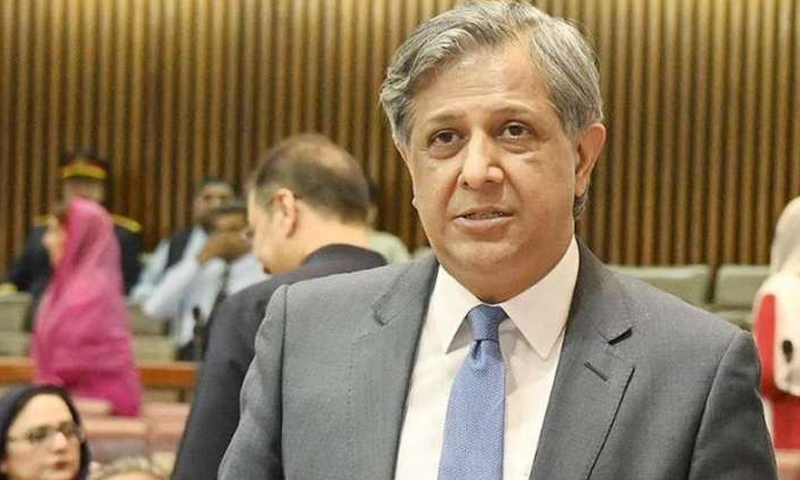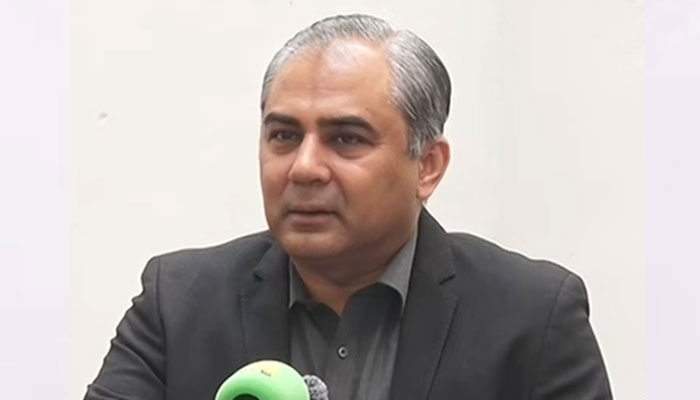POLITICS & POLICY MAKING

Federal Law Minister Azam Nazir Tarar has urged the judiciary to refrain from interfering in the affairs of the executive, emphasizing the importance of institutions working within their constitutional domains.
Speaking during a Senate session chaired by Deputy Chairman Syedal Khan, Tarar highlighted the need for a clear separation of powers between the judiciary, legislature, and executive.
Emphasis on Parliamentary Authority
During his address, the law minister underscored that it is the responsibility of parliament to legislate and oversee the executive’s actions. He requested that the judiciary respect this authority and allow the government to carry out its duties without interference.
“It is our job to make laws, and we should be allowed to do that. Institutions must work within their spheres,” Tarar stated, reinforcing the need for institutional harmony.
Concerns Over Deputation Policies
Tarar also addressed issues related to deputation policies, referring to service rules that govern such appointments. He explained that deputation is generally permitted for an initial period of three years, extendable for two additional years.
He cited Supreme Court rulings on the matter, emphasizing that deputation should not become a routine practice. This issue, he noted, requires careful monitoring to ensure adherence to established policies.
Appeal for Accurate Data and Transparency
The minister also called for transparency and accuracy from government departments in presenting data and responding to parliamentary queries. “Departments must provide real figures, and supplementary questions should be addressed openly,” he said.
A Call for Institutional Respect
The Federal Law Minister reaffirmed the government’s commitment to non-interference in the judiciary’s domain and requested similar respect for the executive branch. “The judiciary should also avoid direct interference in the affairs of the executive,” he concluded, stressing the need for mutual respect and adherence to constitutional roles.
This statement reflects ongoing debates in Pakistan regarding the balance of power between the judiciary and the executive, with Tarar’s remarks advocating for a clearer division of responsibilities to ensure effective governance.




